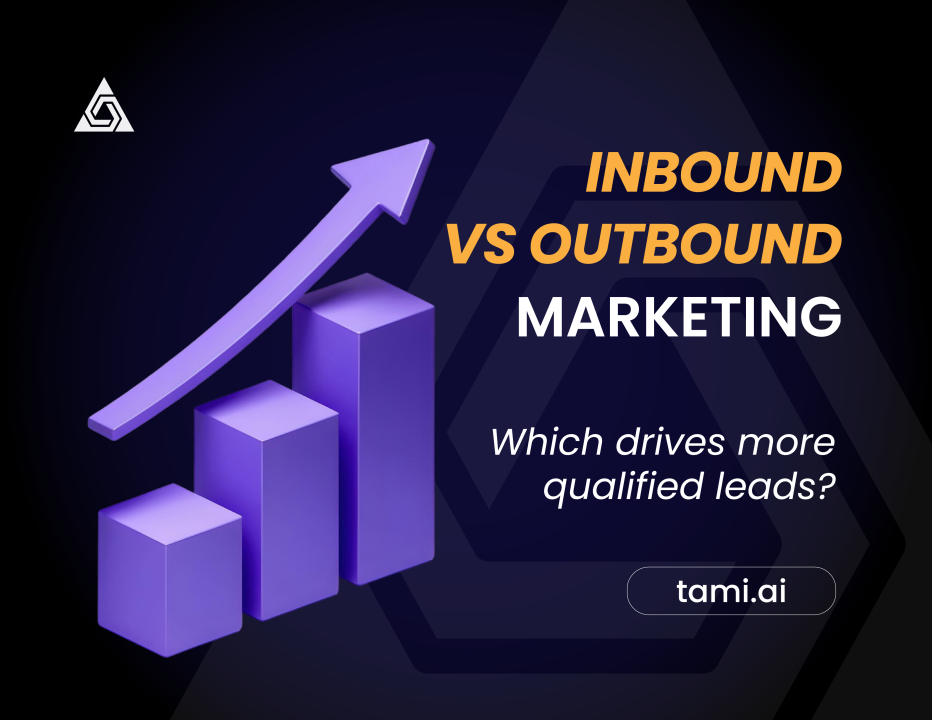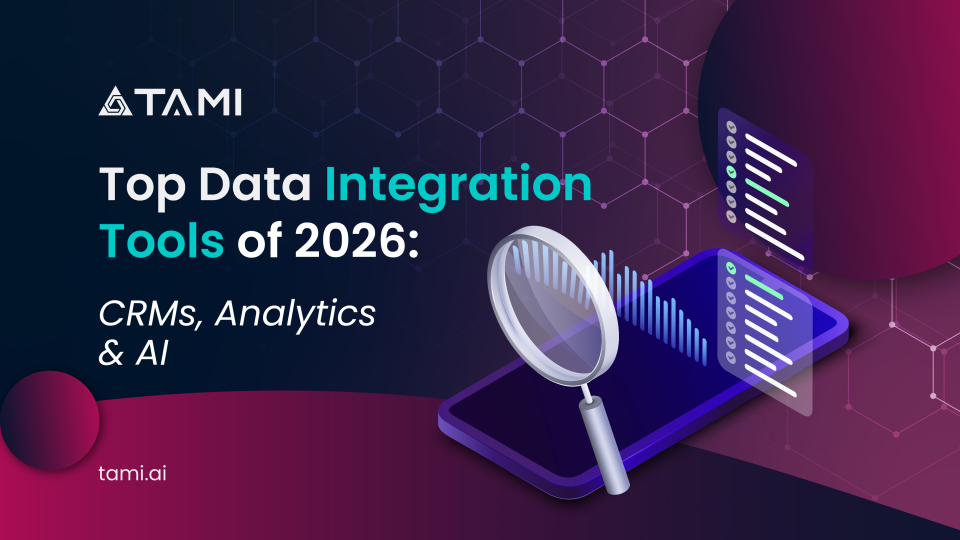
Inside the retail sector – TAMI’s comprehensive overview
22/05/2023
Inside the secrets of email bounce rates – How to ensure you are not blacklisted
24/05/2023The payment industry has undergone significant transformations driven by consumer preferences changes, the growth of eCommerce and technological advances. Third parties are vital in facilitating seamless and secure transactions amid this evolution. The article explores the importance of third parties in the payment industry, their impact on e-commerce, their challenges, and how businesses can integrate third-party payment solutions effectively, providing a comprehensive understanding of the importance of third parties and how they contribute to the success of modern payment ecosystems.
Role of Third Parties in the Payment Industry
Payment Processors
Payment processors play a critical role in facilitating the movement of funds during payment transactions, but how exactly do they work?
- Transaction Initiation: The payment process begins when a customer initiates a transaction by purchasing or submitting a payment request on a merchant’s website or point-of-sale system.
- Data Encryption and Transmission: The customer’s payment information, such as credit card details or biometric data, is securely encrypted to protect it from unauthorised access and then transmitted to the payment processor.
- Authorisation Request: The payment processor receives the encrypted payment information and sends an authorisation request to the card network or financial institution, such as Visa, Mastercard, or the customer’s bank.
- Authorisation Response: The card network or financial institution reviews the authorisation request, verifies the customer’s available funds or credit limit and performs security checks. These checks generate an authorisation response, indicating whether the transaction is approved or declined.
- Transaction Capture: If the authorisation is successful, the payment processor captures the authorised amount from the customer’s account, ensuring the funds are reserved for the transaction and transferred to the merchant.
- Settlement: Once the funds are captured, the payment processor initiates the settlement process. It transfers the funds from the customer’s account to the merchant’s designated account.
- Reporting and Reconciliation: Payment processors generate detailed reports and statements for merchants, providing them with transaction details, settlement amounts, and associated fees. Merchants can reconcile these reports with their records to ensure accurate accounting.
- Fund Transfer: After the settlement, the payment processor transfers the funds to the merchant’s bank account, typically within a specified time frame, which varies depending on the payment processor and the merchant’s agreement.
By handling the complex intricacies of payment processing, payment processors enable merchants to focus on their core business activities while providing customers with a secure and efficient payment experience. Payment processors implement stringent data encryption security measures throughout this process to protect sensitive customer information. They also comply with industry standards, such as Payment Card Industry Data Security Standard (PCI DSS), to ensure the secure handling of payment data.
Payment gateways
Payment gateways are essential to modern payment systems, serving as the virtual equivalent of a physical point-of-sale terminal in e-commerce and other digital transactions. They are crucial in securely transmitting payment data between merchants, customers, and financial institutions. Here’s a detailed description of payment gateways:
- Function and Process: Payment gateways bridge the merchant’s website or application and the payment networks or banks involved in the transaction. Their primary function is to securely transmit sensitive payment information from the customer to the appropriate financial institutions for processing and authorisation.
- Customer Checkout Experience: When a customer initiates a payment on a merchant’s website or app, the payment gateway facilitates the collection of payment details, such as credit card information, biometric data, billing address, and other necessary data. This information is encrypted to ensure its security during transmission.
- Data Encryption and Security: Payment gateways utilise advanced encryption technology, typically SSL (Secure Sockets Layer) or TLS (Transport Layer Security), to encrypt the payment data during transmission. This encryption ensures that sensitive information remains confidential and protected from unauthorised access.
- Authorisation and Transaction Processing: After the customer submits their payment information, the payment gateway securely forwards this data to the appropriate payment processor or acquiring bank. The payment processor then communicates with the customer’s issuing bank or card network to verify the availability of funds and perform security checks.
- Transaction Status Notification: Once the authorisation process is complete, the payment gateway receives the response from the payment processor or acquiring bank. It then relays this response to the merchant’s website or app, informing them of the transaction’s status (approved or declined).
- Seamless Integration: Payment gateways offer various integration options, including APIs (Application Programming Interfaces) and SDKs (Software Development Kits), to allow seamless integration with the merchant’s website, mobile application, or point-of-sale system. This integration ensures a smooth and cohesive payment experience for customers.
- Multiple Payment Method Support: Payment gateways typically support an increasing range of payment methods, such as credit cards, debit cards, digital wallets, and bank transfers. This versatility enables merchants to offer various payment options, catering to their customer’s preferences.
- Security and Compliance: Payment gateways adhere to strict security standards. Compliance with these standards helps protect customers’ sensitive information and instils trust in the payment process. The PCI DSS ensures secure payment data handling.
- Settlement and Reporting: Payment gateways facilitate the settlement process by securely transferring funds from the customer’s account to the merchant’s designated account. They also provide comprehensive transaction reports and reconciliation tools, assisting merchants in tracking and managing their payment activities.
Payment gateways are the crucial link between merchants, customers, and financial institutions, ensuring the secure and seamless transmission of payment information. They contribute to a smooth customer checkout experience, offer multiple payment options, and adhere to stringent security standards, making them indispensable components of modern digital payments.
Mobile Payment Platforms
Mobile payment platforms have transformed transactions, allowing customers to make payments conveniently and securely using their smartphones or other mobile devices. These platforms leverage mobile technology and offer various features and benefits. Here’s a detailed description of mobile payment platforms:
- Introduction and Function: Mobile payment platforms enable customers to make payments using their phones or tablets, eliminating the need for physical cash or cards. These platforms leverage technologies such as Near Field Communication (NFC) or Quick Response (QR) codes to facilitate contactless transactions.
- Convenience and Accessibility: Mobile payment platforms provide unparalleled convenience to users. Customers can make payments anytime, anywhere, with just a few taps on their mobile devices. This eliminates the need to carry physical wallets or search for cash or cards.
- Security and Encryption: Mobile payment platforms prioritise safety and employ advanced encryption technology to protect sensitive payment information. By encrypting payment data during transmission and utilising tokenisation techniques, these platforms ensure the security and integrity of customer data.
- Diverse Payment Options: Mobile payment platforms offer multiple payment options, such as digital wallets, credit and debit cards, and bank transfers. Customers can link their preferred payment methods to the platform, providing flexibility and choice.
- Contactless Payments: Mobile payment platforms support contactless payments, allowing customers to complete transactions by tapping their mobile devices on compatible payment terminals. This technology reduces the need for physical contact and speeds up the payment process.
- Loyalty Programs and Rewards: Many mobile payment platforms integrate loyalty programs and rewards systems. Customers can earn points or receive discounts and offers when using the platform for transactions, enhancing the overall customer experience.
- Integration with Existing Point-of-Sale Systems: Mobile payment platforms seamlessly integrate with merchants’ existing point-of-sale (POS) systems. By supporting technologies like NFC or QR codes, these platforms enable customers to make payments by scanning their mobile devices at the merchant’s POS terminal.
- Compatibility with Mobile Apps and E-commerce Platforms: Mobile payment platforms provide software development kits (SDKs) and APIs that allow businesses to integrate payment functionality into their mobile apps or e-commerce platforms. This integration provides a smooth and consistent payment experience for customers.
- Collaboration with Financial Institutions: Mobile payment platforms often collaborate with banks and financial institutions to ensure seamless connectivity and facilitate secure transactions. These partnerships help enhance the reliability and acceptance of mobile payments.
- Global Acceptance: Mobile payment platforms are widely accepted globally, allowing users to make payments domestically and internationally. This global acceptance makes them valuable tools for travellers and businesses in multiple countries.
Mobile payment platforms have revolutionised how people make payments, offering convenience, security, and versatility. With their ability to seamlessly integrate with existing systems and support various payment methods, they have become an integral part of the modern payment landscape, transforming the customer experience and driving the growth of mobile commerce.
How TAMI Helps Companies in the Payment Sector
TAMI helps businesses identify the third-parties and key technologies being used by millions of firms across the globe, enabling businesses to accurately prospect and target organisations using similar services and competitors.
TAMI uses a variety of factors to rank these third-party companies by their total number of customers. TAMI also enables businesses to filter their search results by criteria including:
- The company’s location
- The company’s industry
- The company’s services
Here are some additional details about each of the services that TAMI identifies:
Top website development agencies by website technology: TAMI identifies the top website development agencies specialising in various website technologies, including WordPress, Drupal, and Magento. TAMI also identifies agencies that specialise in developing custom-built websites outside of these providers.
Top website carts: TAMI identifies the leading website cart technology companies, allowing you to directly target more eCommerce merchants.
POS companies: TAMI identifies POS companies that offer a variety of features, including credit card processing, inventory management, and customer loyalty programs. TAMI can also identify POS companies specialising in a particular industry, such as retail or hospitality.
SaaS companies that provide scheduling and booking services: TAMI identifies SaaS companies that offer a variety of scheduling and booking services, including appointment scheduling, event registration, and ride-hailing. TAMI can also identify SaaS companies specialising in a particular industry, such as healthcare, hospitality or education.
Mobile app software developers that enable payments at the doorstep: TAMI identifies mobile app developers that enable payments at the doorstep. These apps can be used by businesses to collect payments from customers, such as outdoor events.
Hopefully you have found this guide to be helpful. If you would like to find out more about how TAMI supports companies across the payments sector, click here to sign up for a free trial and one of our team will be in touch.









